“MAUS” TRAP
PHS students share their opinion on whether or not the book “Maus” should be banned
The controversial book “Maus,” a story about the Holocaust in graphic novel form, is read by students in Holocaust Literature at PHS.
Book banning has been around just as long as books. In 1933, Nazis burned thousands of books deemed sacrilegious. Now, many American schools are banning a book that discusses and deals with the horrors that the Nazis inflicted on millions of people.
The book “Maus” is a graphic novel that tells a story of a Holocaust survivor, and recently schools have started to ban it. Opinions differ widely from person to person on whether or not the book should be banned or continue to be part of school curriculum. It’s all in relation to the Holocaust, so censoring it makes me feel like [school boards] are trying to take that knowledge away from their students. — Robert Kever
“It shouldn’t be banned in other schools because so many books go into such detail about the Holocaust,” sophomore Jayden Flint said. “The only thing that’s different is that it’s in [graphic] novel form.”
Students the PHS Holocaust Literature class have been reading books about the Holocaust, and three of the students have chosen to read “Maus.” They have their opinions about the book and how it’s been banned in other schools.
“I would think it’s the other schools’ choice to ban whatever book they deem inappropriate,” Dainian Peterson said. “But if I were on the school board, I would choose not to ban the book.”
Some students even feel that by banning the book in other schools, the school boards tried to take away or even ignore the events of the Holocaust. Censoring “Maus” makes some students feel that school boards want to act like the genocide never happened.
“It’s all in relation to the Holocaust,” senior Robert Kever said. “So censoring it makes me feel like [school boards] are trying to take that knowledge away from their students.”
The reason one school board gave for taking “Maus” out of the school curriculum in the state of Tennessee is because they think the book’s depictions of swearing and nudity are inappropriate. But a number of students feel otherwise.
“In high school the [questionable] scenes that are shown in the book are shown very little and only in a few panels,” Flint said, referring to the comic book format. “But even then, that’s not what students are focused on, and most high school students have seen worse.”
Kever, who has been reading “Maus,” has enjoyed the experience so far. “It was a pretty good book,” he said. “But the English isn’t that good, because it was originally written in German.”
Holocaust Literature students think other students can learn from the book. Some believe the comic book style can help with the visualization of the story and interest students who like graphic novels.
“I believe that it helps students that learn with photos, because instead of just putting it into words it helps the reader visualize what is actually happening,” Kever said.

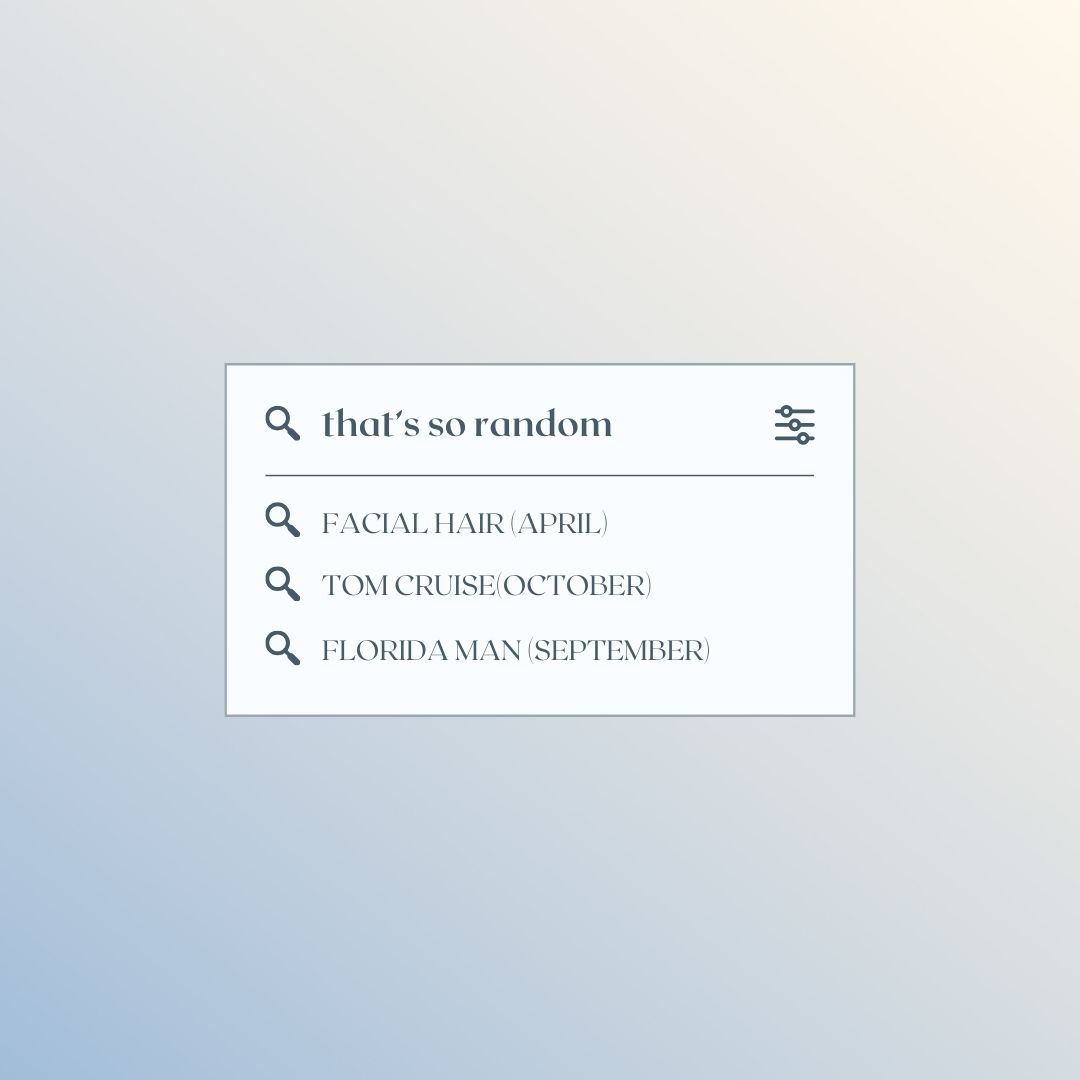

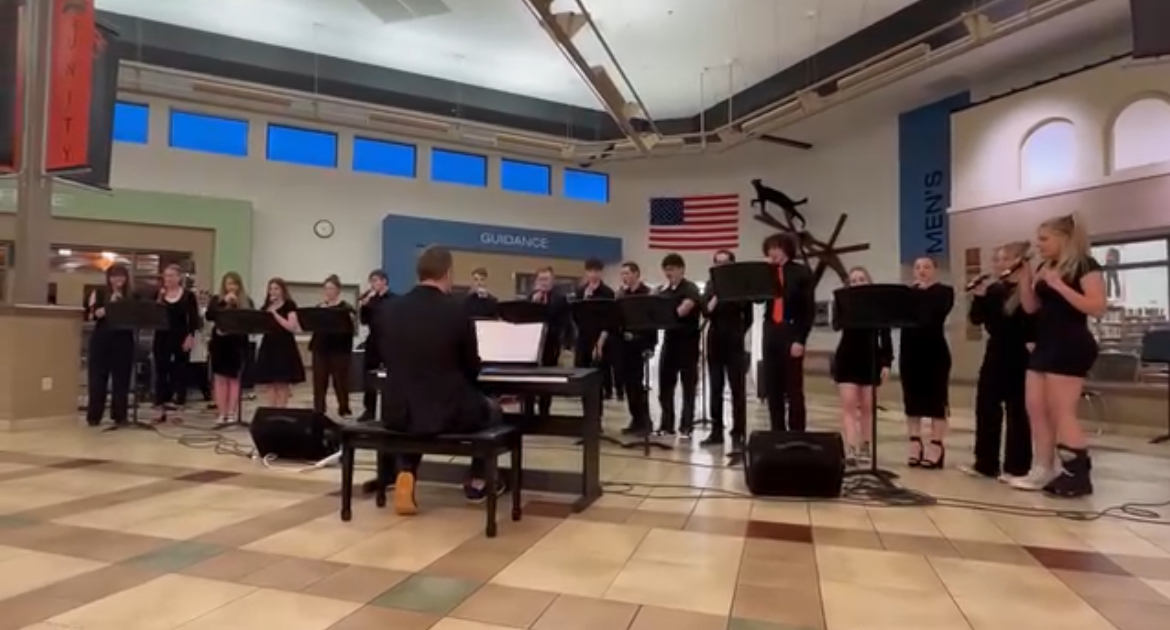
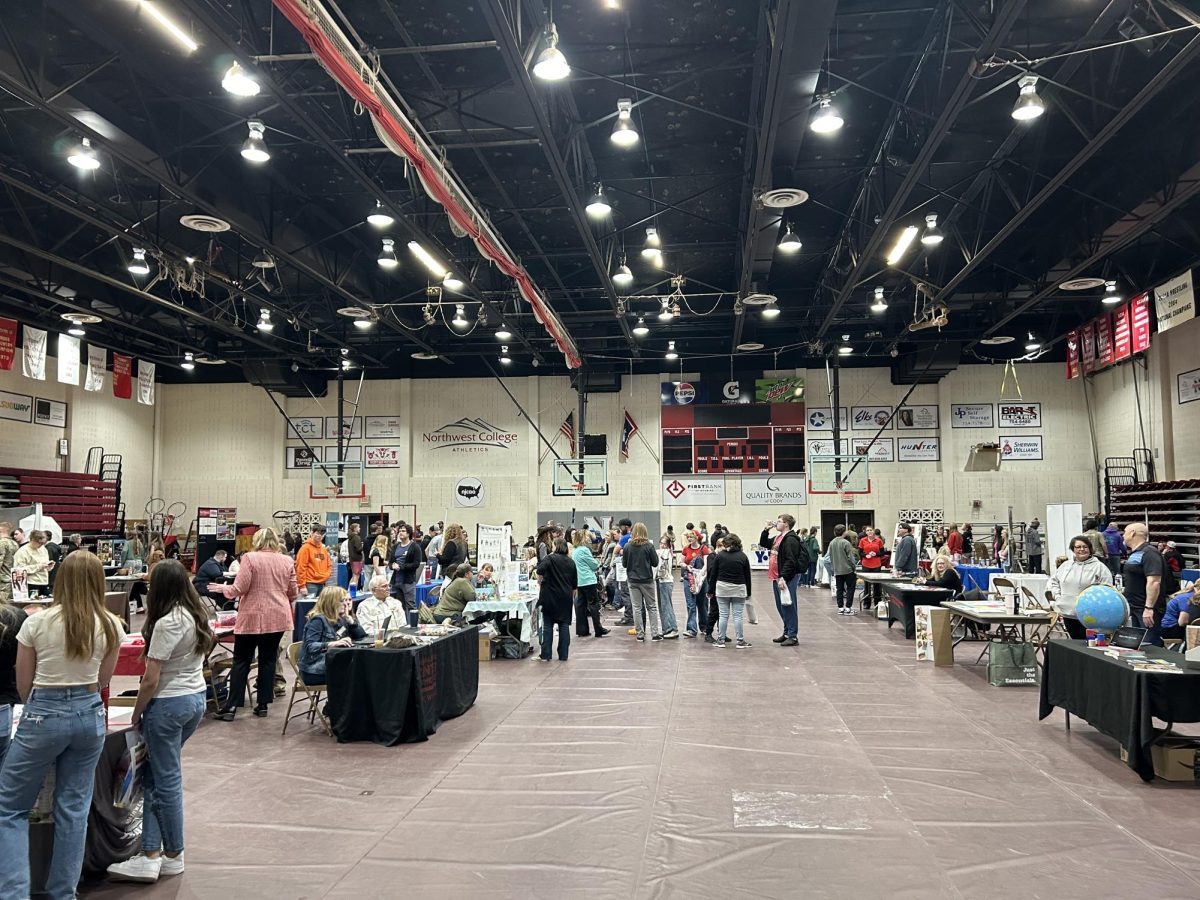
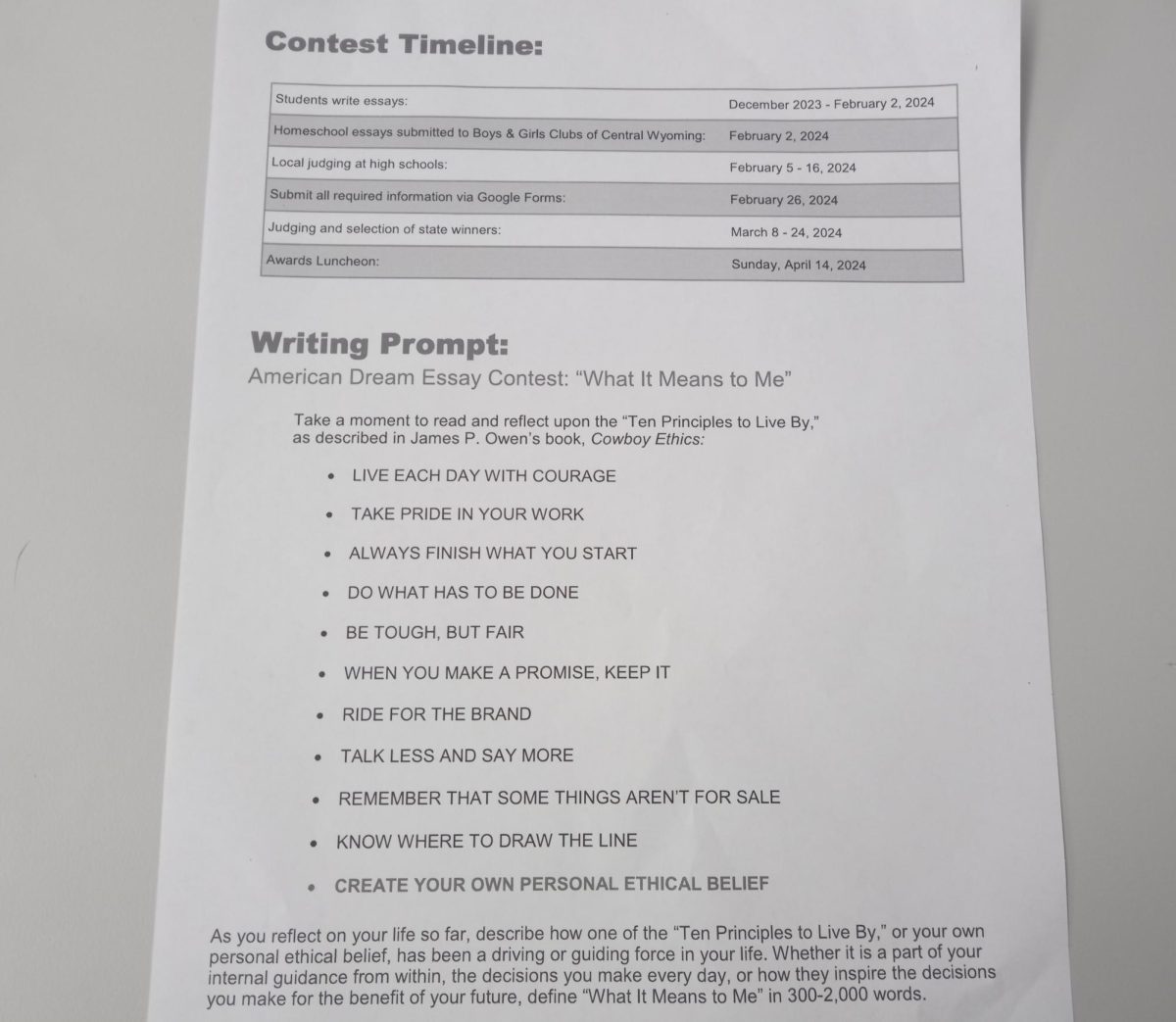
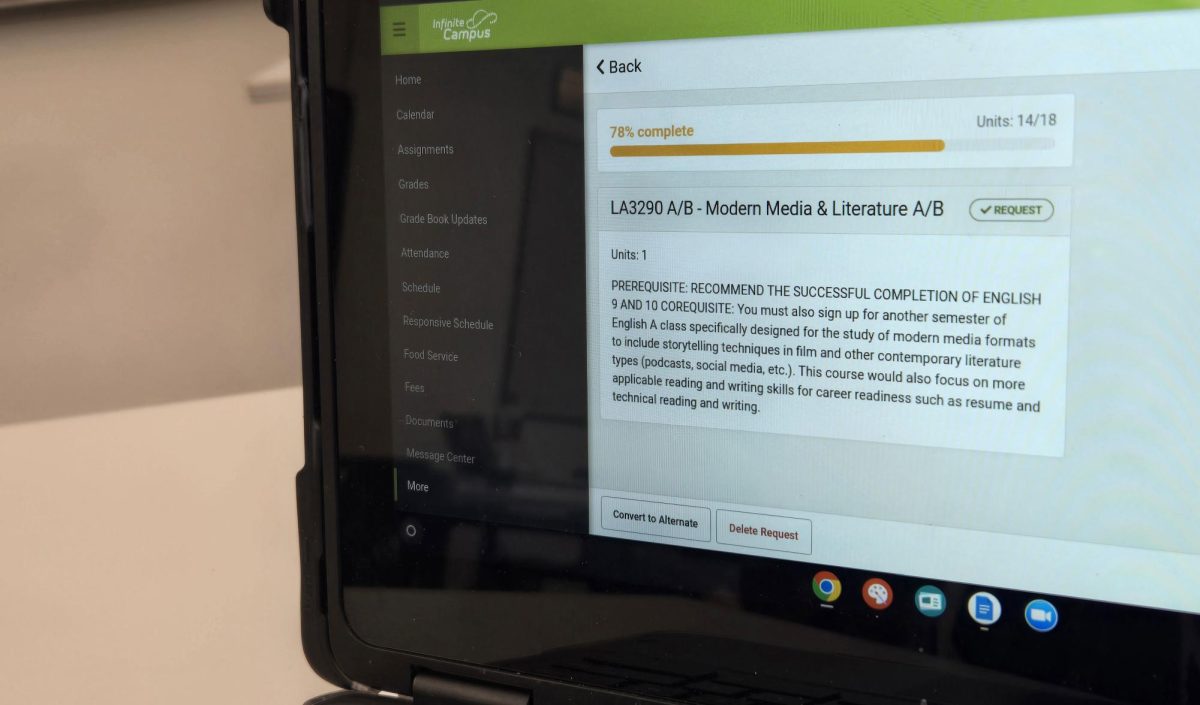
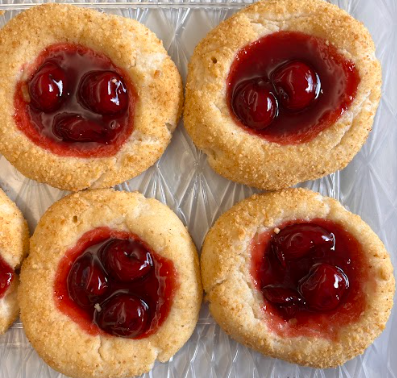
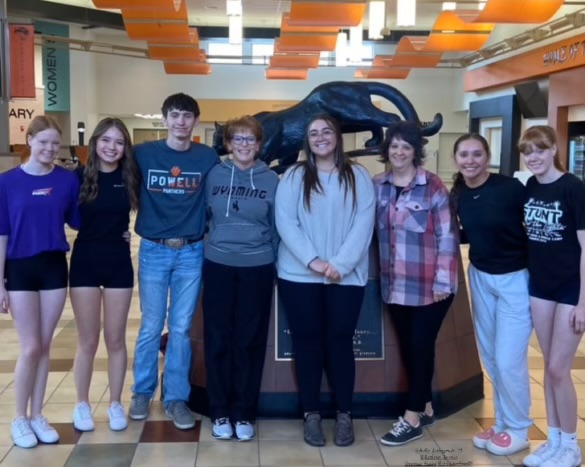

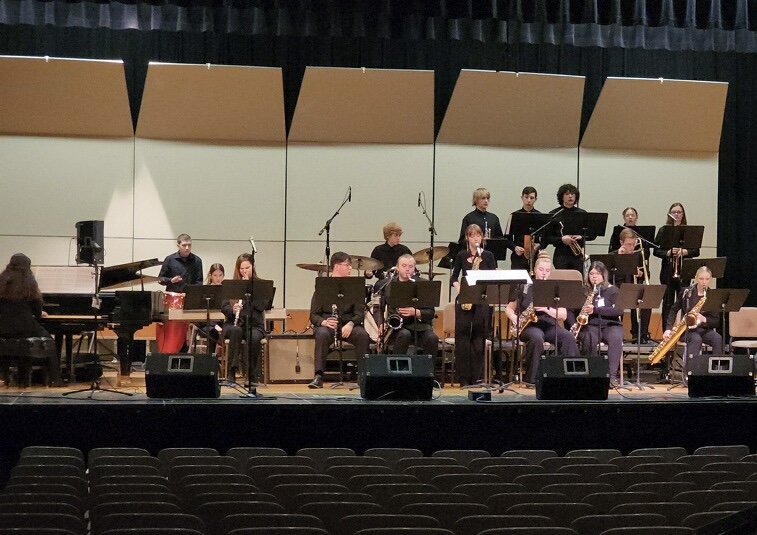
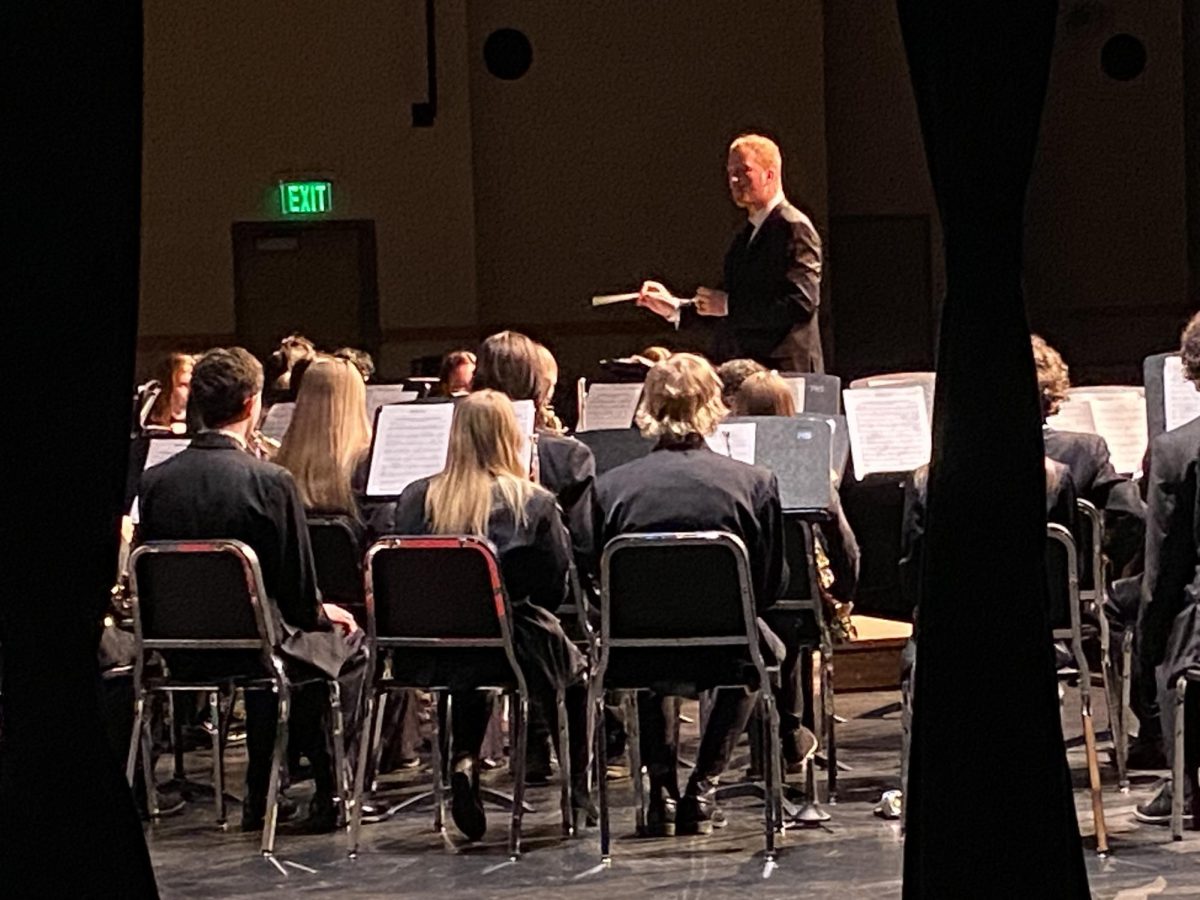

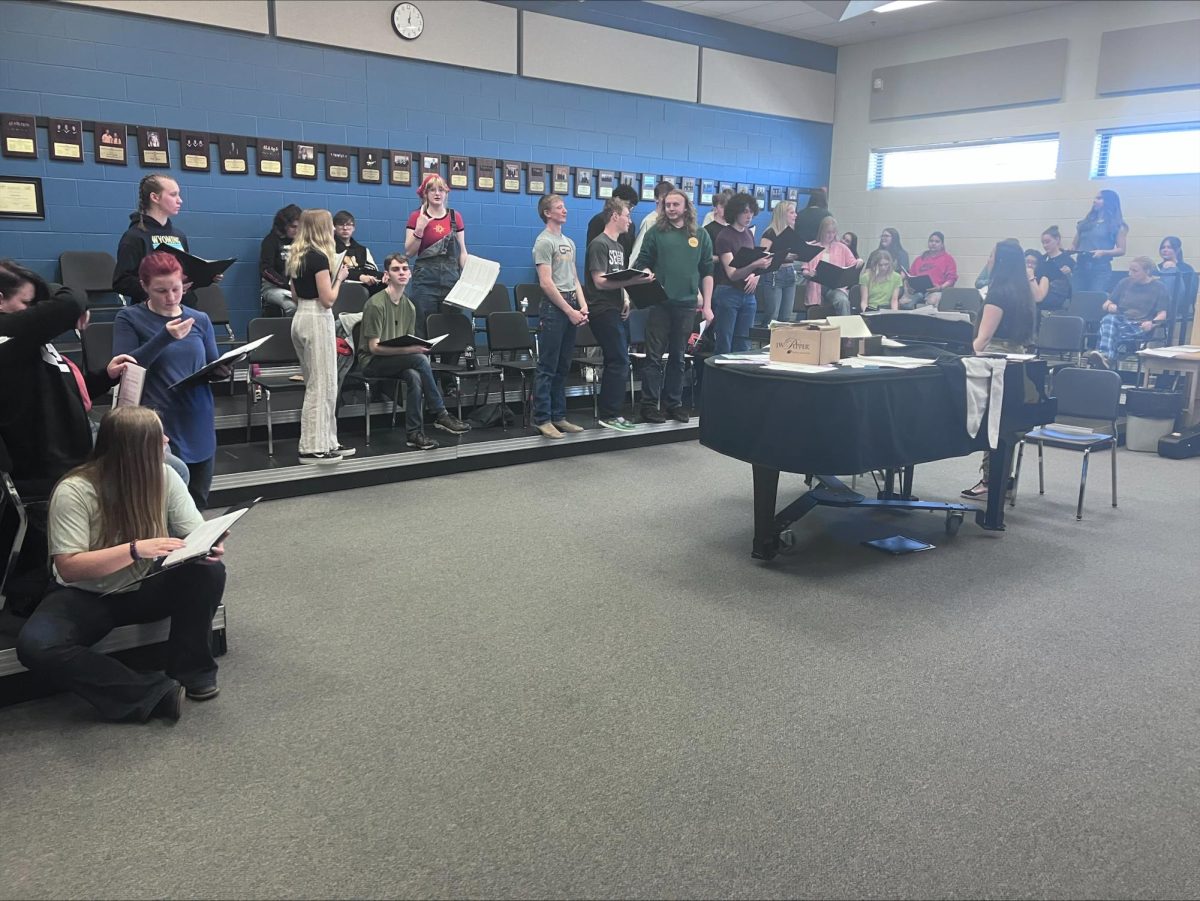
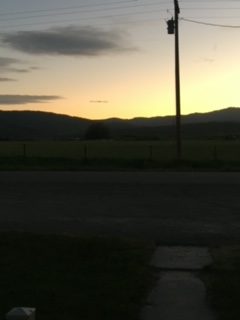
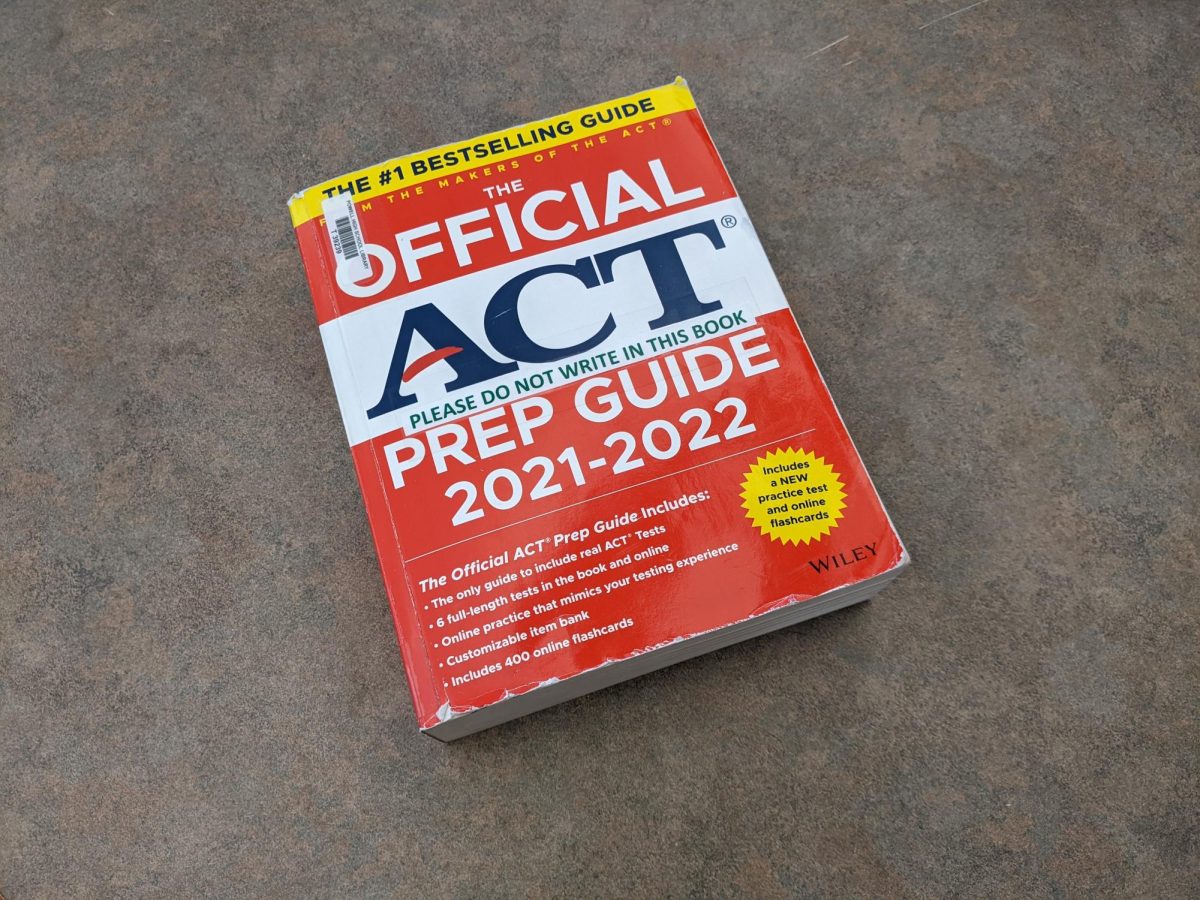
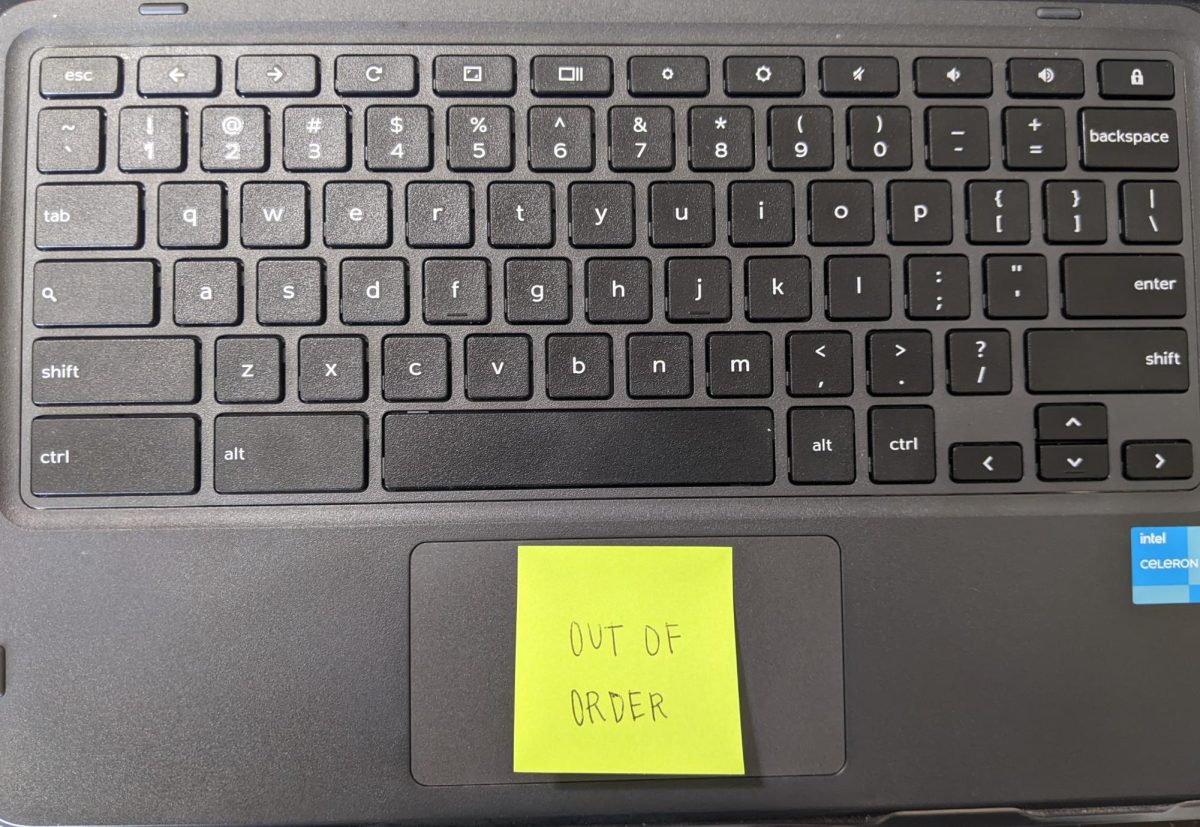
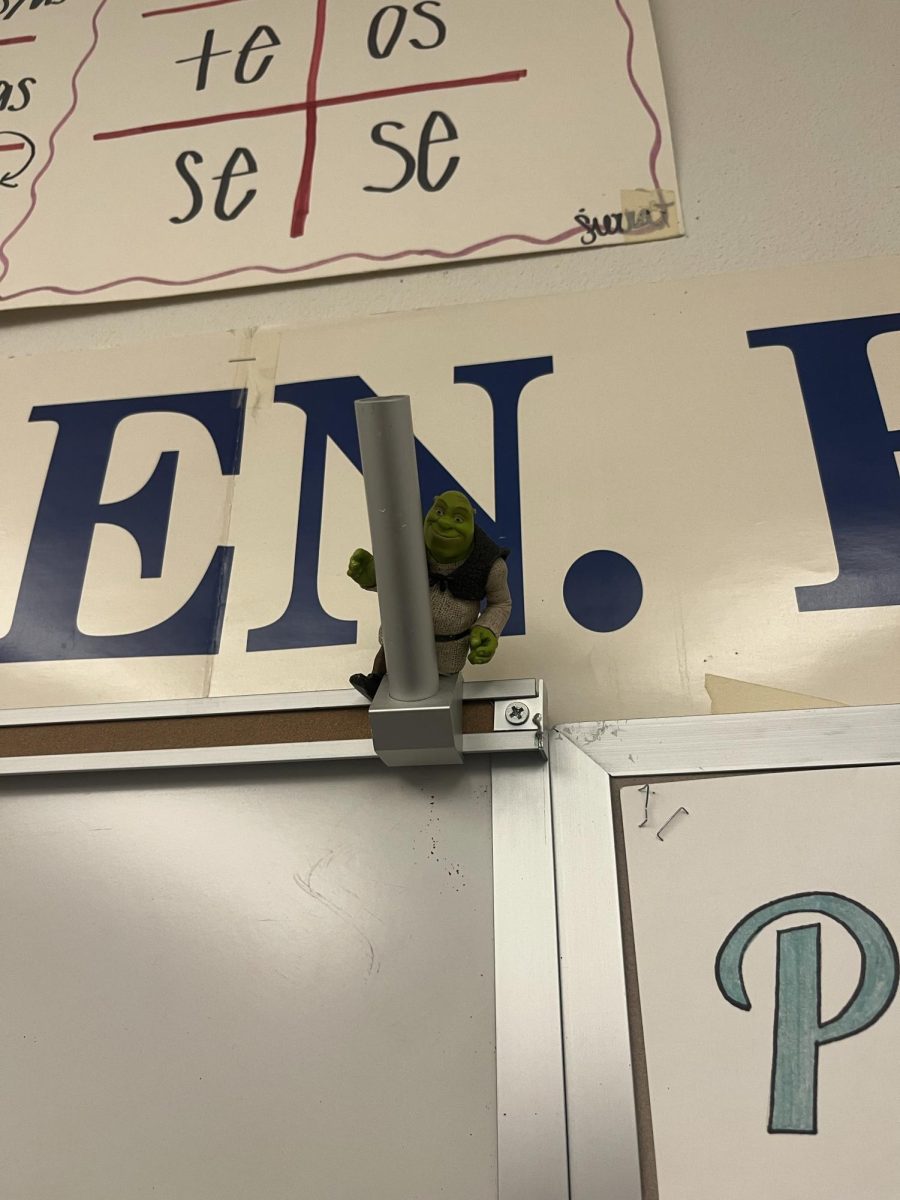
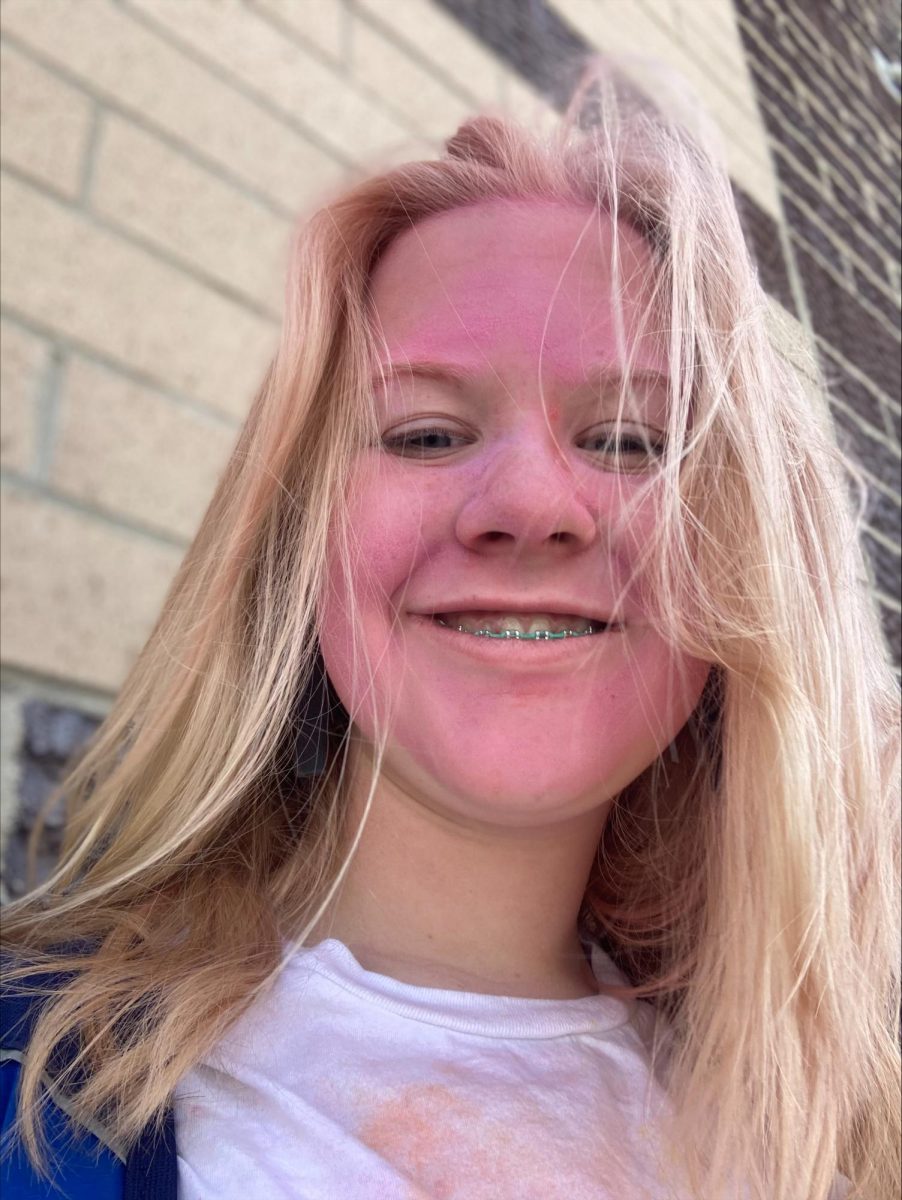
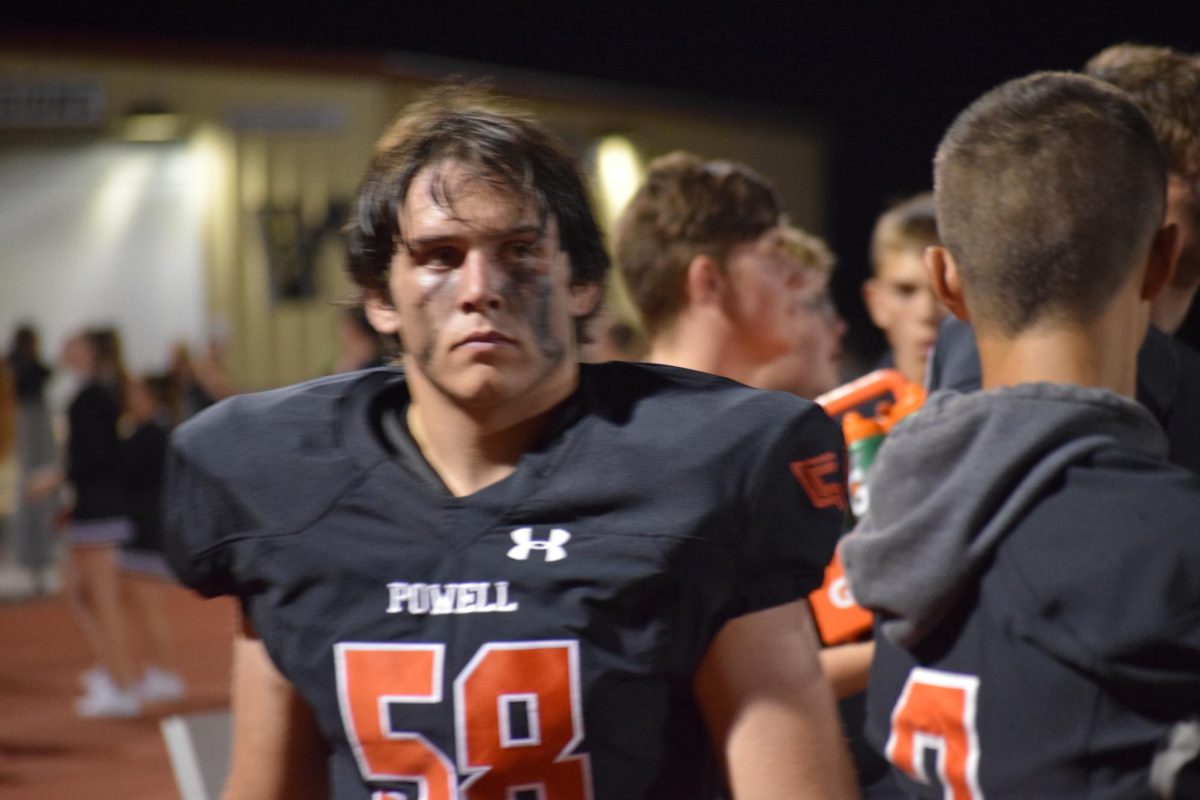
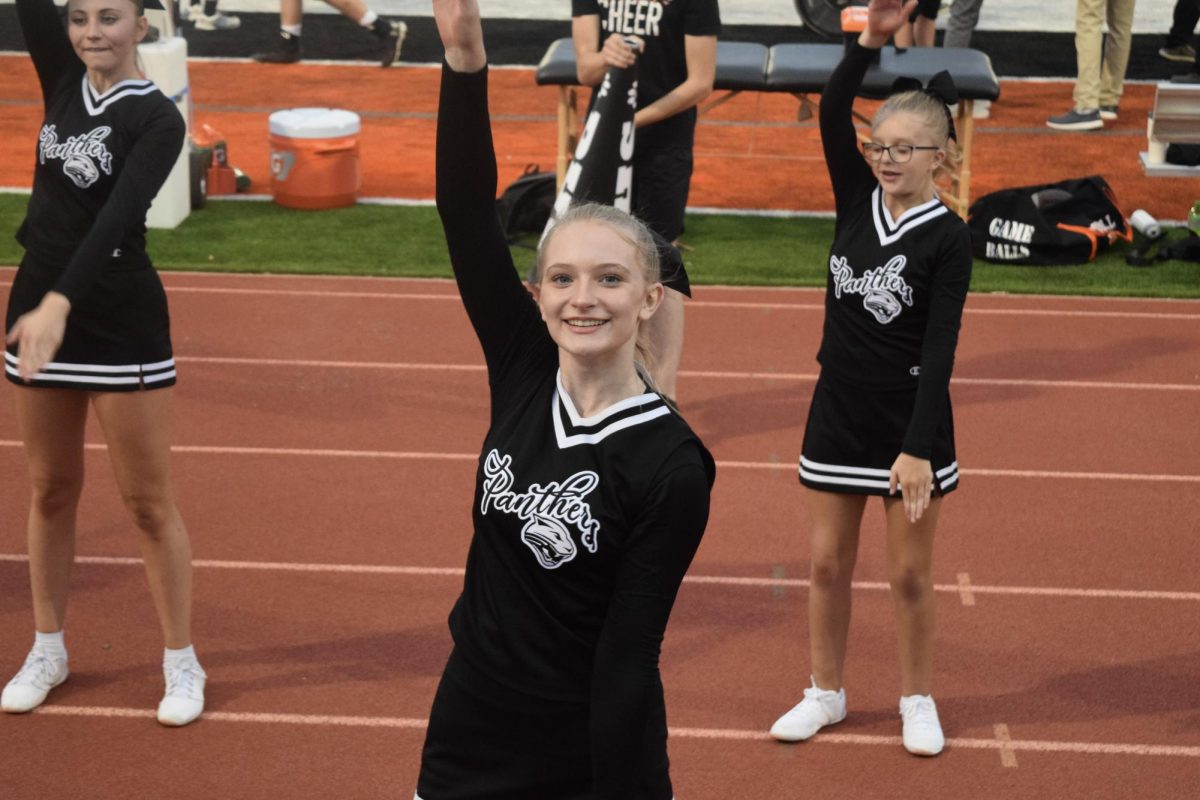




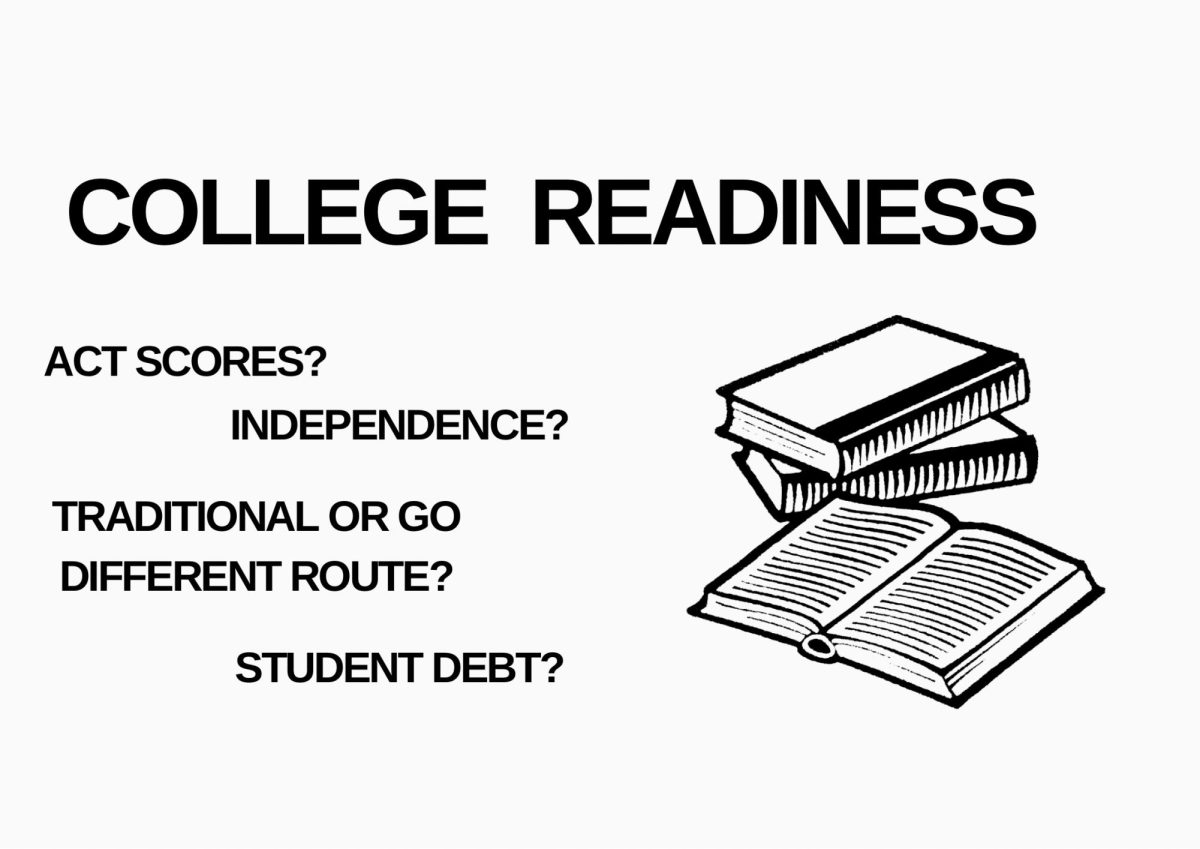


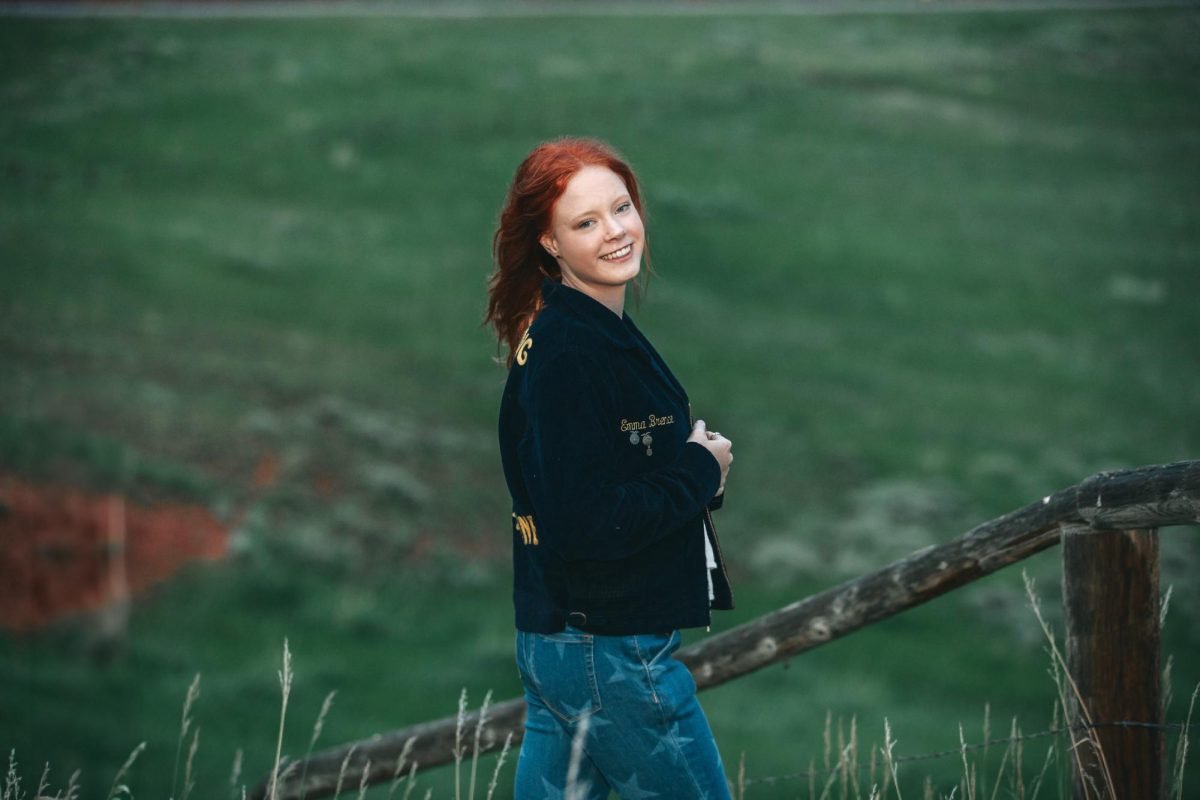

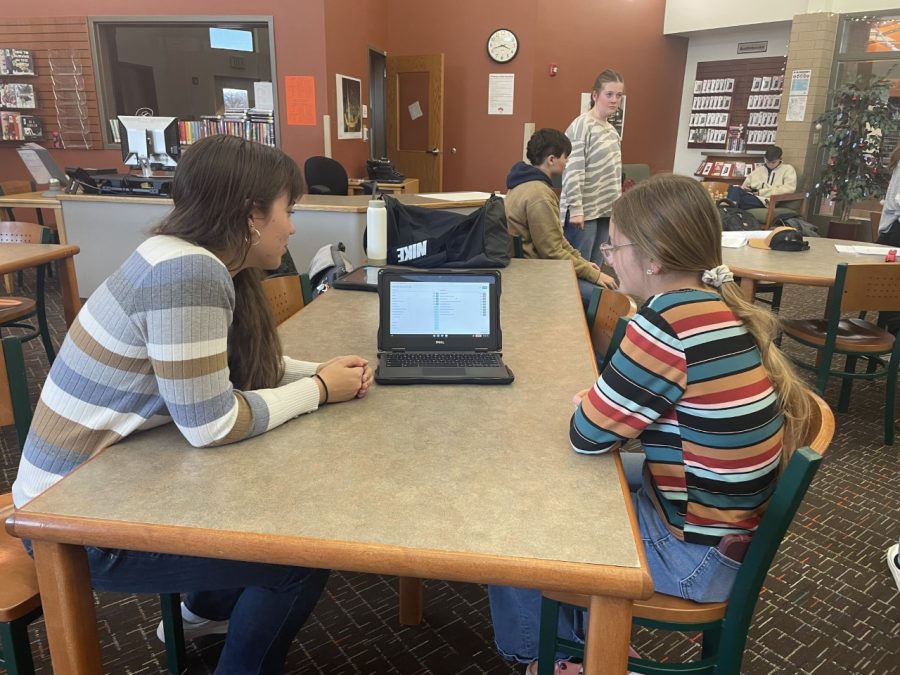

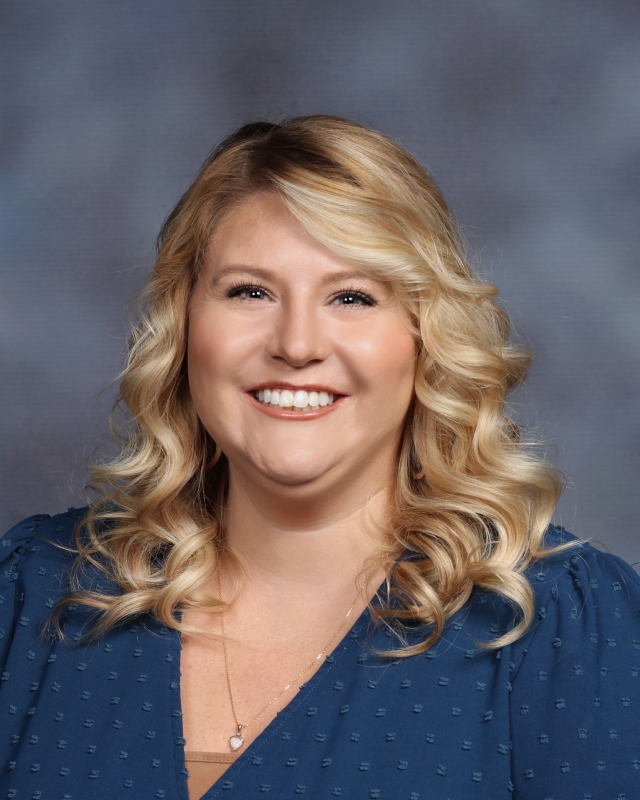





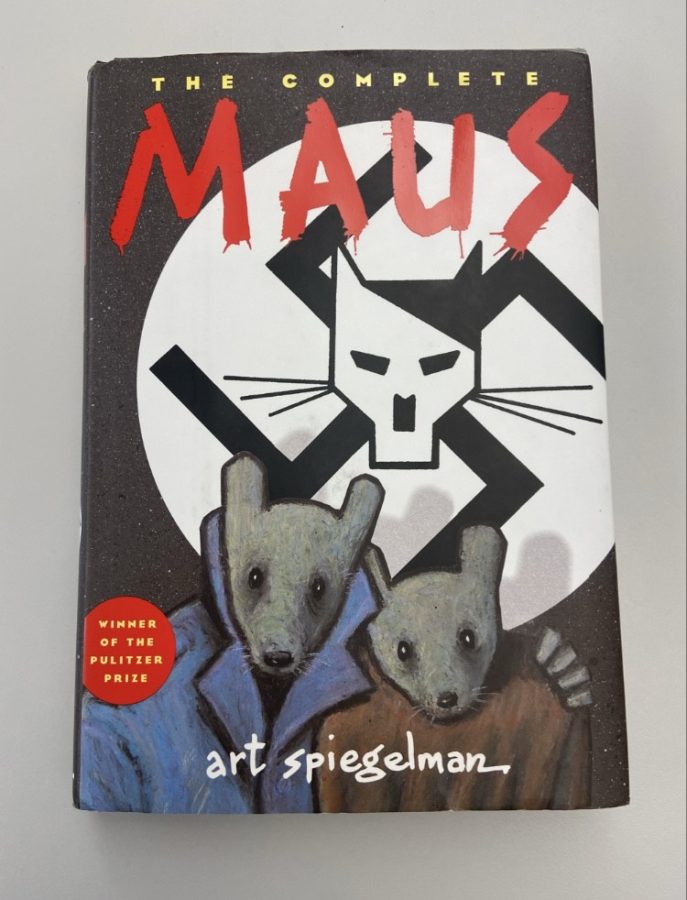
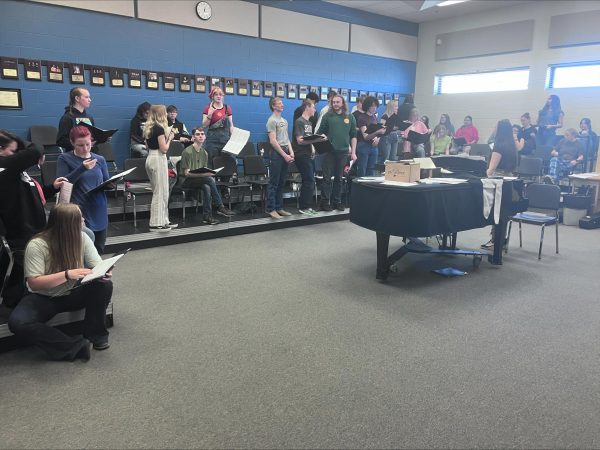
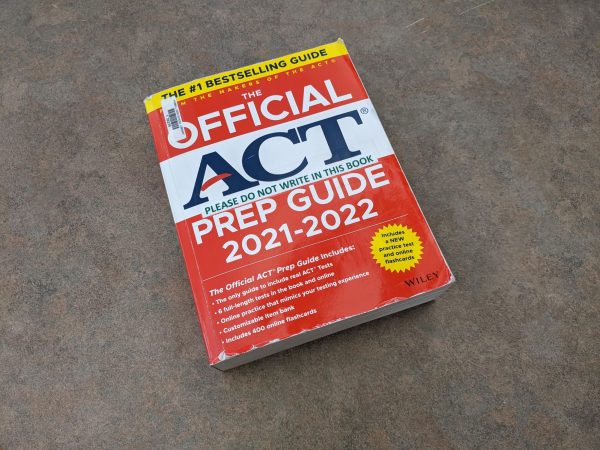
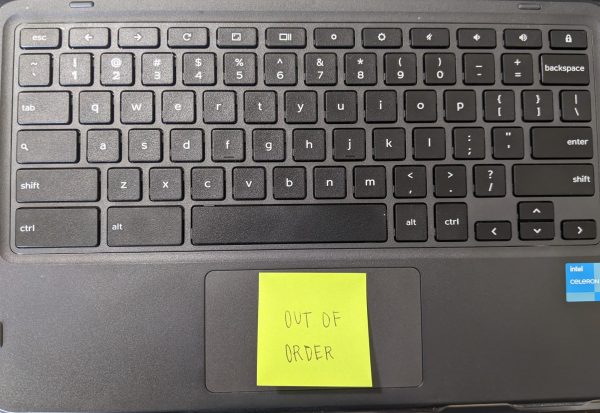
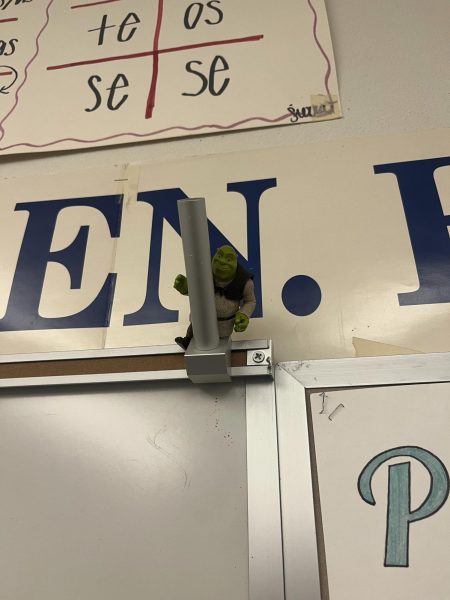
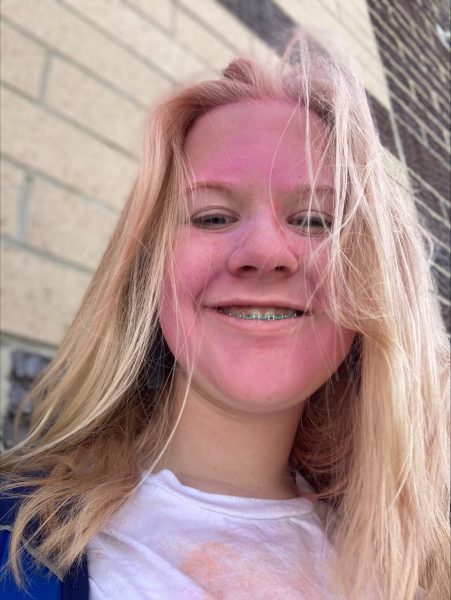
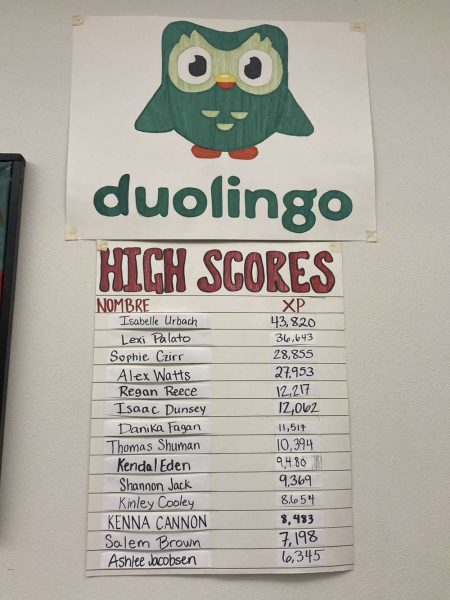

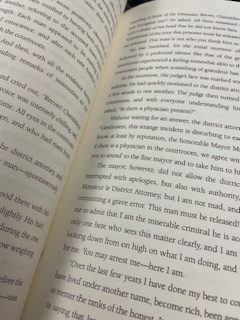

Brandon Preator • Feb 11, 2022 at 11:52 am
Great, informative article! I hadn’t heard about this novel. Anything coming from the Holocaust should strike us as horrific and shocking. It was reality for too many people, and I think the average citizen knows way too little about the atrocities that took place during that time. I’m glad we have a class here at PHS that sheds more light on the matter.